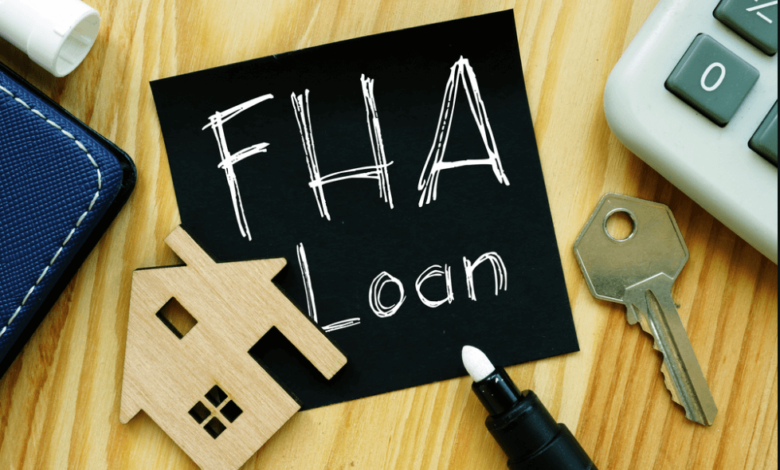
Are you looking to buy a home in North Carolina but struggling to come up with the down payment? Luckily, there’s an option for you: FHA loans. These loans are backed by the Federal Housing Administration and require lower down payments than conventional loans. But before diving into the application process, it’s important to understand the FHA loan requirements specific to North Carolina. In this blog post, we’ll cover everything you need to know about FHA loan requirements NC so that you can be confident when applying for your dream home.
FHA Loan Requirements Nc
To qualify for an FHA loan in North Carolina, there are certain requirements you must meet. First and foremost, you need to have a steady employment history for at least two years. This shows the lender that you have a reliable source of income to make mortgage payments.
Another requirement is having a credit score of 580 or higher. However, if your credit score falls between 500 and 579, you can still be eligible for an FHA loan requirements nc with a higher down payment.
Your debt-to-income (DTI) ratio is also taken into consideration when applying for an FHA loan in NC. Your DTI ratio compares your monthly debt payments to your gross monthly income and should be no more than 43%.
In addition, the property being purchased must meet certain standards set by the Department of Housing and Urban Development (HUD). The home needs to be safe and habitable with no major defects that could harm occupants’ health or safety.
Applying for an FHA Loan
Applying for an FHA loan can seem daunting, but it doesn’t have to be. The first step is finding an approved lender who can guide you through the process. Once you’ve found a lender, they’ll ask you for some basic information such as your income and credit score.
One of the most important things to keep in mind when applying for an FHA loan is that you’ll need to provide documentation to support your application. This may include pay stubs, tax returns, and bank statements.
You’ll also need to complete an application form and authorize a credit check. The lender will use this information along with other factors such as the property value and current interest rates to determine if you qualify for an FHA loan.
You can work with your lender or seek guidance from a housing counseling agency on how to improve your chances of approval.
Remember that getting pre-approved before house hunting can save time and help narrow down your search based on what price range fits within your budget.
What Happens if You Don’t Meet the Requirements?
If you don’t meet the FHA loan requirements in NC, your application will be denied. It’s that simple. However, just because you get denied doesn’t mean all hope is lost.
The first step is to find out why your application was denied. Usually, it’s due to a low credit score or high debt-to-income ratio. Once you know why you were denied, work on improving those areas.
For example, if it was a low credit score that caused the denial, focus on paying off any outstanding debts and make sure all future payments are made on time. If it was a high debt-to-income ratio, consider paying down some of your debts or increasing your income.
You may also want to consider getting pre-approved for an FHA loan before submitting a full application. This way, you’ll know exactly what requirements need to be met and can work towards meeting them before applying again. Read more…
Conclusion
FHA loan requirements nc are a great option for first-time homebuyers who may not have the best credit or a large down payment. If you’re considering applying for an FHA loan in NC, make sure to review the requirements carefully and work with a trusted lender who can guide you through the process.
Remember that while FHA loans offer many benefits, there are also downsides such as having to pay mortgage insurance premiums throughout the life of your loan. It’s important to weigh these pros and cons before making a final decision.
If you meet the requirements and believe an FHA loan is right for you, it can be a fantastic way to achieve your dream of homeownership in North Carolina. By following these tips and working with experienced professionals along the way, you’ll be well on your way to securing your new home with an FHA loan.




